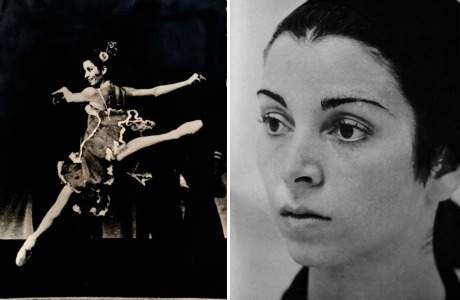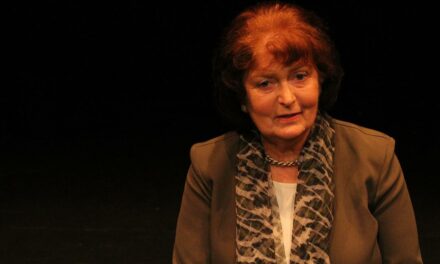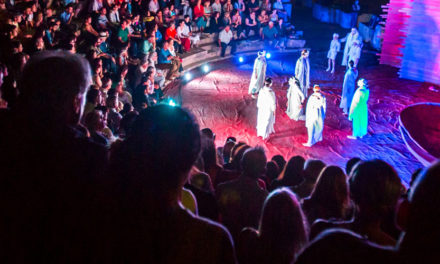Egypt’s esteemed prima ballerina Magda Saleh passed away in the early hours of Sunday in Cairo. As the country’s first-ever prima ballerina, Magda Saleh left an indelible mark on the Egyptian cultural landscape and made an equally significant impact during her residence in New York since the early 1990s.
Born to an Egyptian father, Ahmed Abdel-Ghaffar Saleh, a renowned academician and a trailblazer in agricultural education in Egypt, and a Scottish mother, Magda was the sole girl among her three siblings. Her fascination with ballet blossomed at a tender age, leading her to enroll in the ballet section of the Alexandria Conservatory, overseen by a British artist from the Royal Academy of Dance, when her family relocated to Mediterranean city. Saleh then earned a scholarship at the Arts Educational School, Tring, Hertfordshire, UK in 1956. However a mere two months into her experience abroad, the Suez Crisis broke out and all Egyptians had to be repatriated. At the same time, her British ballet instructor in Alexandria was expelled and Saleh was transferred to an Italian teacher who lived in Egypt.
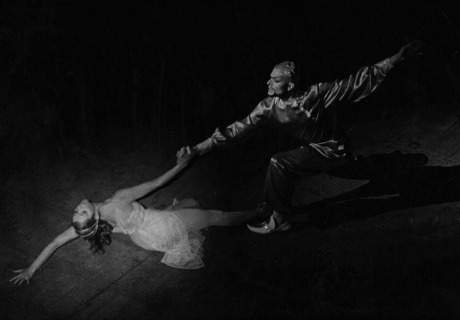
Magda Saleh. Reposted from the original article.
In 1957, the Alexandria theatre received a visit by Moscow’s world famous Moiseyev Dance Company (Theatre of Folk Art). Igor Alexandrovich Moiseyev took auditions the following year, and Saleh, along with 30 boys and girls, was accepted to pursue further education with the ballet master in Egypt a year later. Saleh was among the first ballerinas to enrol at the newly established Ballet Academy (part of the Academy of Arts) and she was also one of the first five girls to be sent to Moscow for further training where they spent two years at the Bolshoi Ballet Academy, graduating in 1965. Shortly afterwards, in 1966, that same group gave the inaugural performance of the Cairo Ballet Company, the Fountain of Bakhchisarai, where Saleh played Maria in a cast made up entirely of students of Cairo’s first ballet school. The young ballerina perfomed at the stage of the Khedivial Opera (1966-71) several times. Yet in 1971, at the peak of her successes, the Khedivial Opera burned down, severely impeding the development of Egypt’s ballet company. She continued her career at the Higher Institute of Ballet, where she became a professor and dean (1984-86). However, at this time there was no national ballet company present.
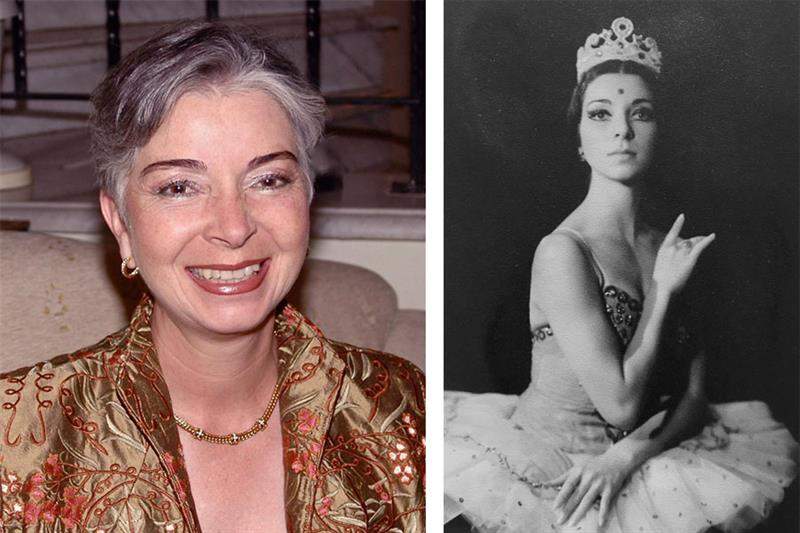
Magda Saleh. The image was reposted from the original article.
In 1979, she completed her PhD, entitled “A Documentation of the Ethnic Dance Traditions of the Arab Republic of Egypt” at New York University. During that stay, Saleh struck up a long-term friendship with Jack Josephson (1930-2022), the renowned art historian and authority on ancient Egyptian sculptures, whom she eventually married. In 1987, Saleh was appointed the founding director of the new Cairo Opera House, helping to prepare the new institution, until it opened its doors in 1988. In 1992, Saleh moved to New York, where she continued to remain close to the Egyptian artistic scene. Saleh was behind many concerts organised in New York’s prestigious halls – the NY Public Library for the Performing Arts at the Lincoln Center in particular – featuring Egyptian artists, whom she supported throughout their careers outside the country. In 2016, Saleh was featured in Hisham Abdel-Khalek’s documentary A Footnote in Ballet History which looks into the history of Egypt’s ballet and its first stars. In 2018, Saleh was honored by the New York’s Theatre, and afterward honoured again by Egypt in events celebrating her life and art. Following passing of her husband in 2022, Saleh visited her family home in Cairo, where she stayed several weeks.
This article was first posted on Ahram Online on June 11th 2023. Reposted with permission.
This post was written by the author in their personal capacity.The opinions expressed in this article are the author’s own and do not reflect the view of The Theatre Times, their staff or collaborators.
This post was written by Ati Metwaly.
The views expressed here belong to the author and do not necessarily reflect our views and opinions.

